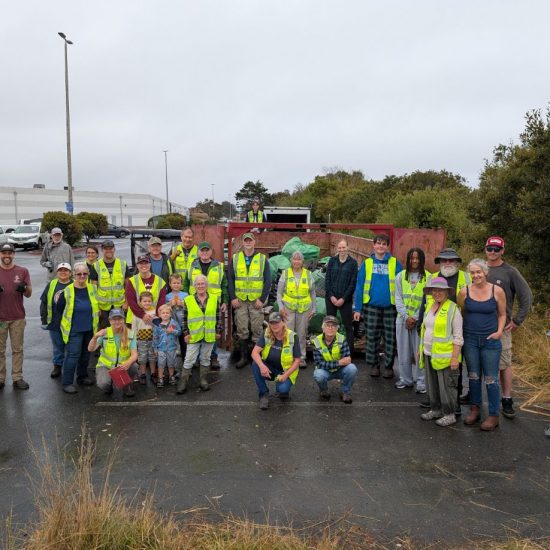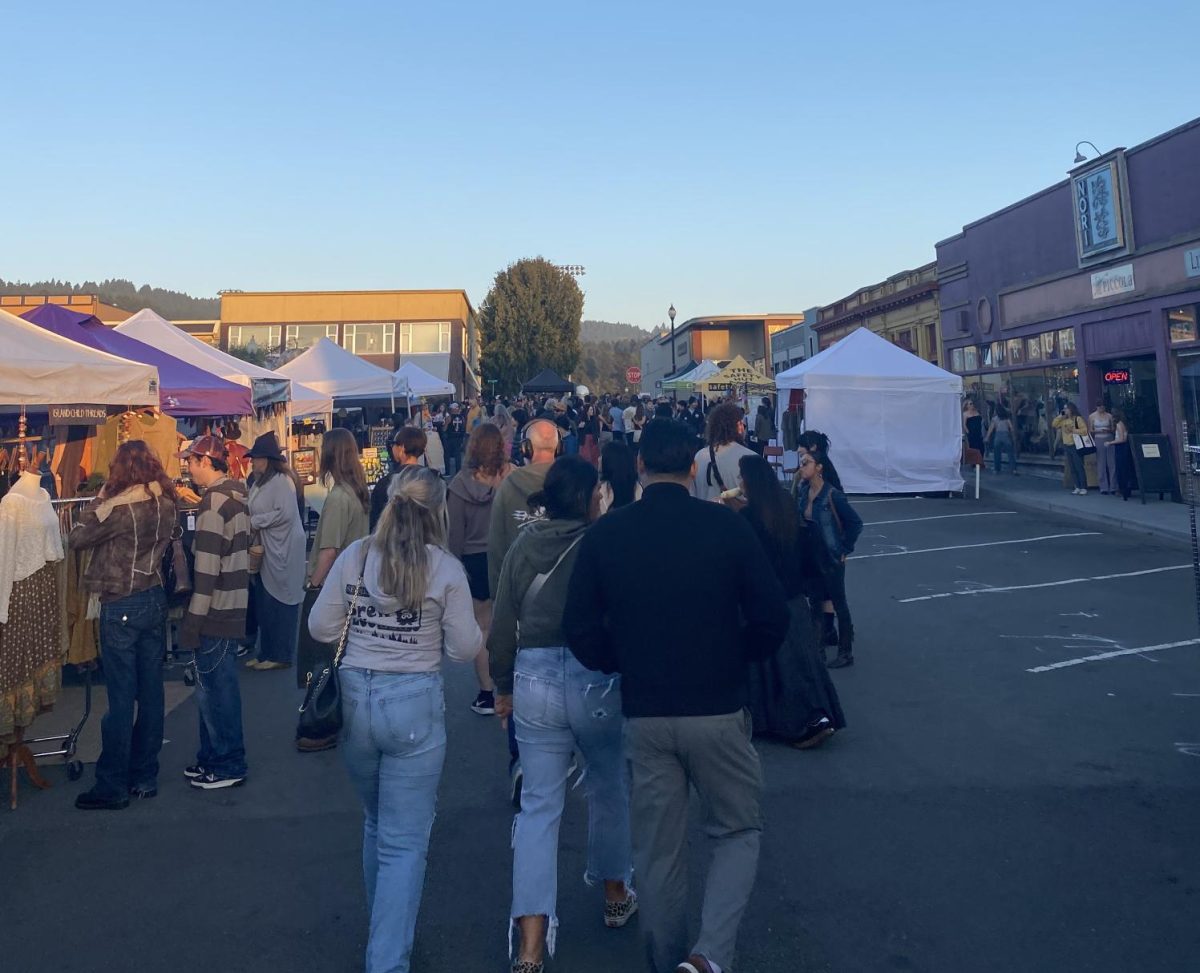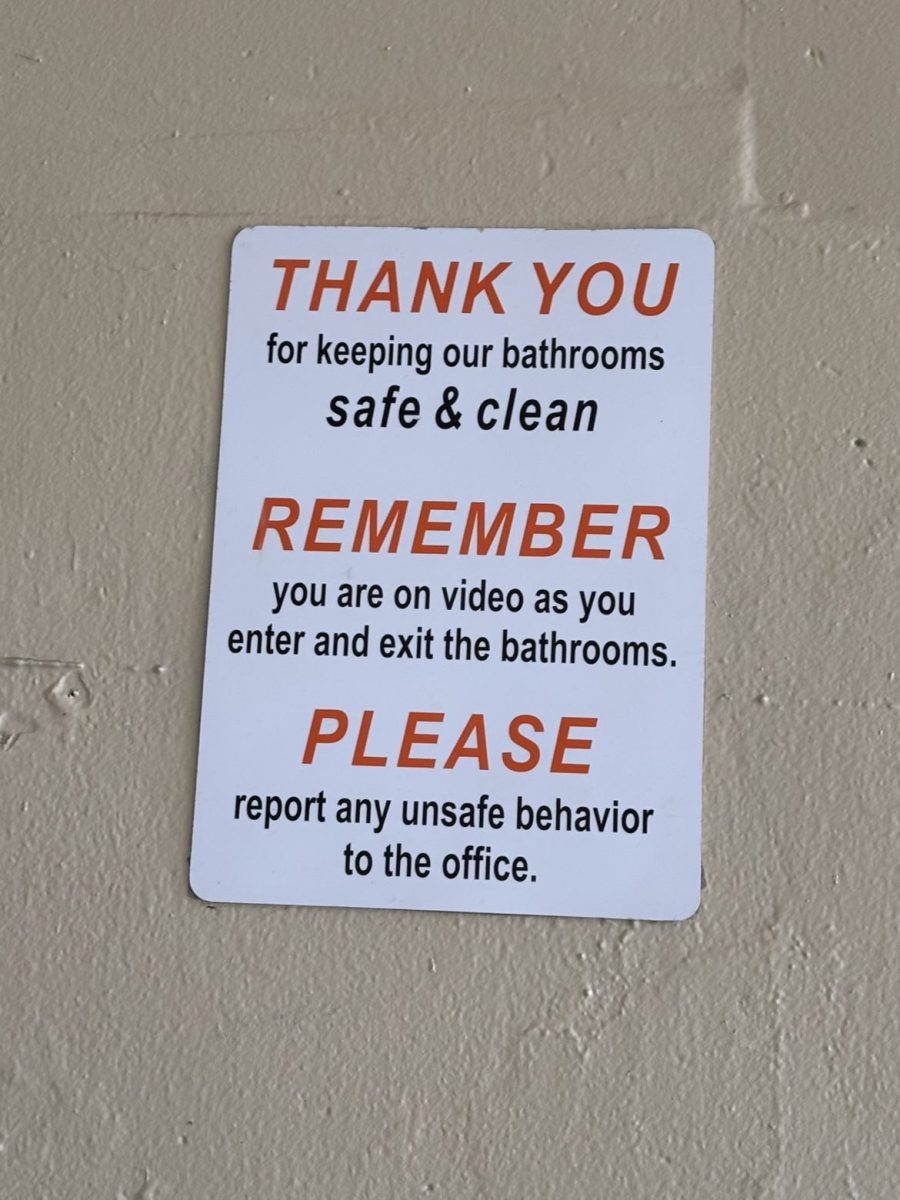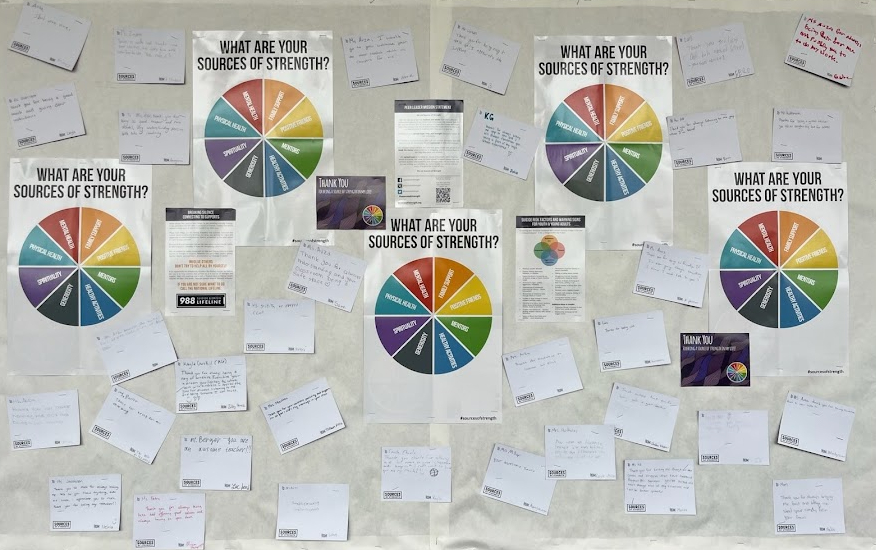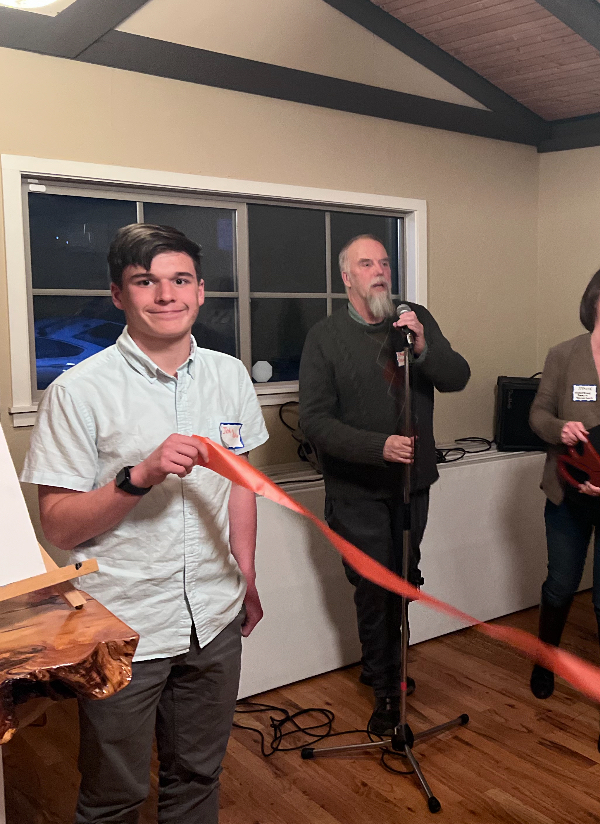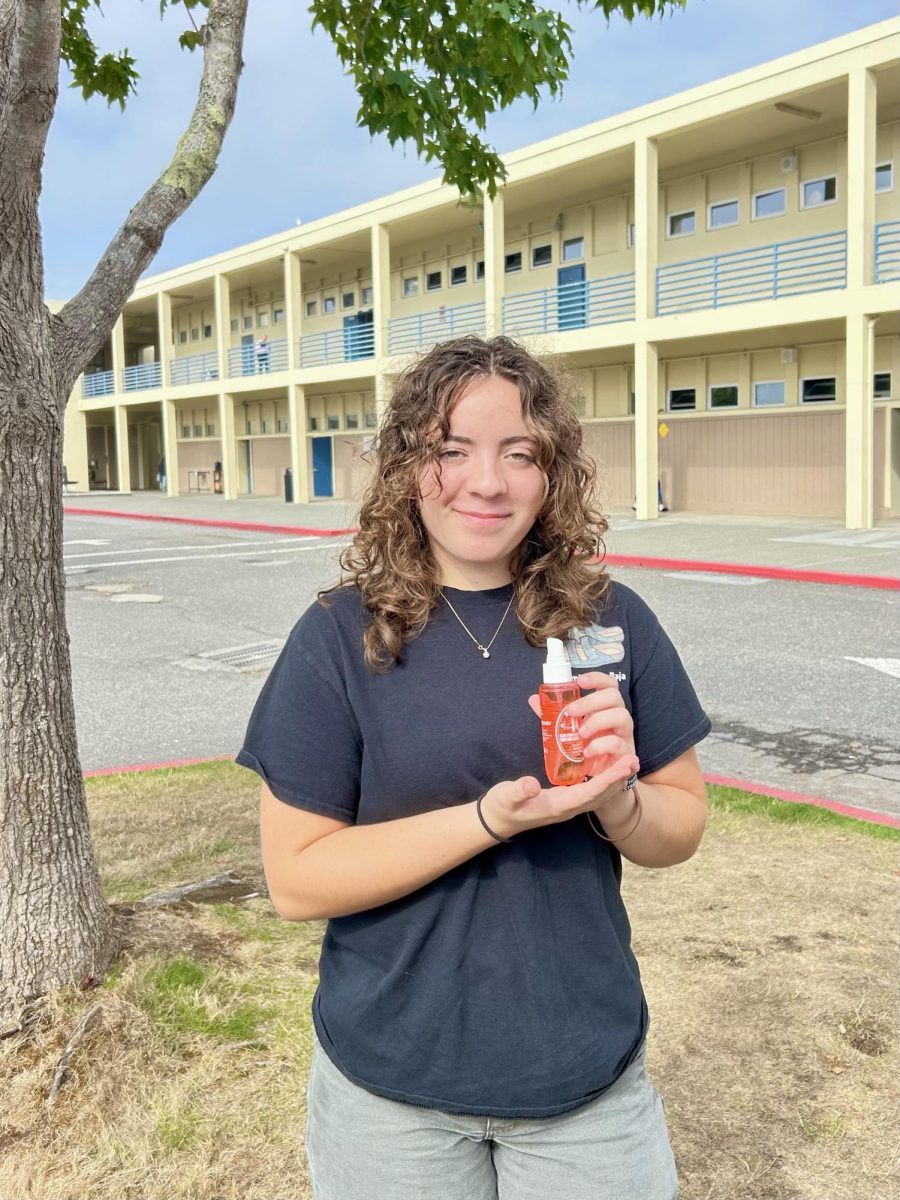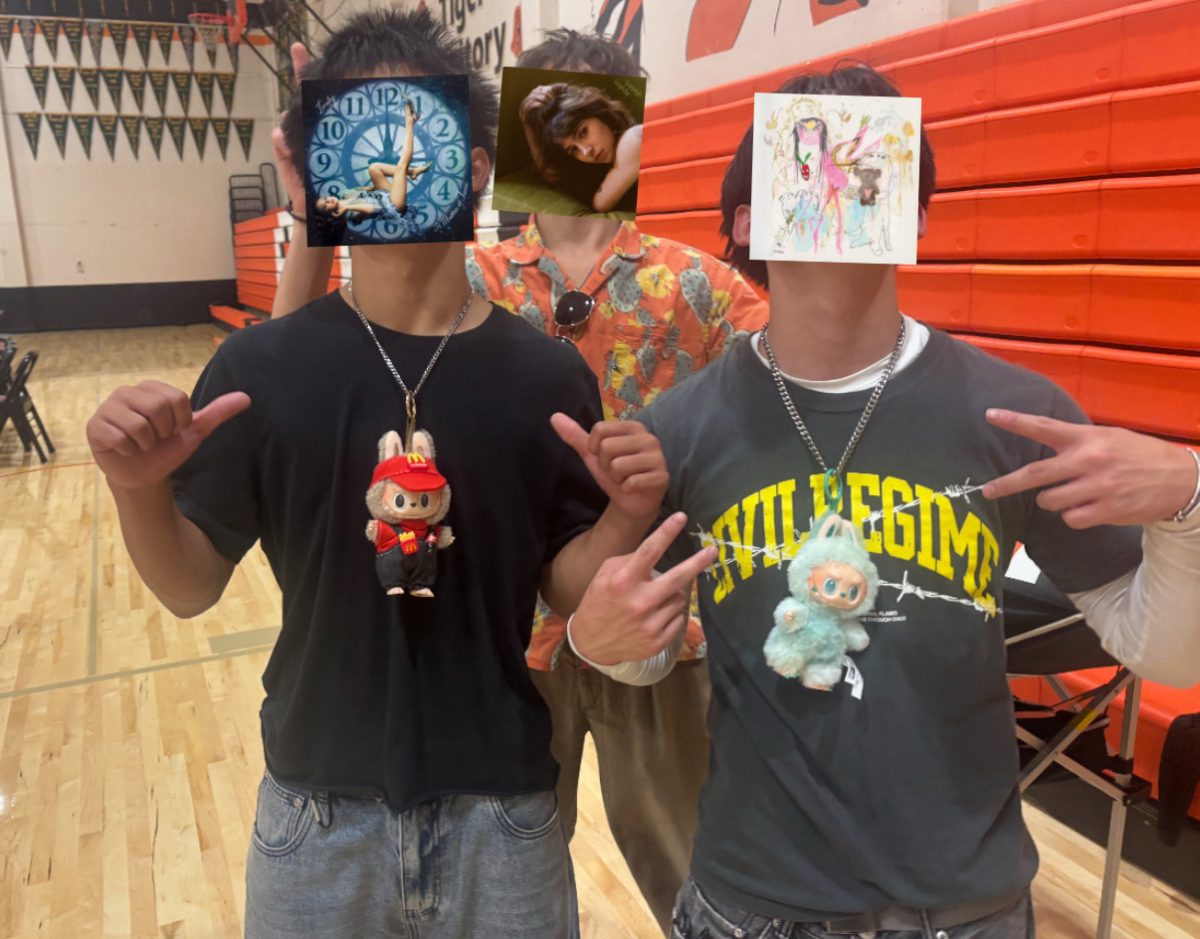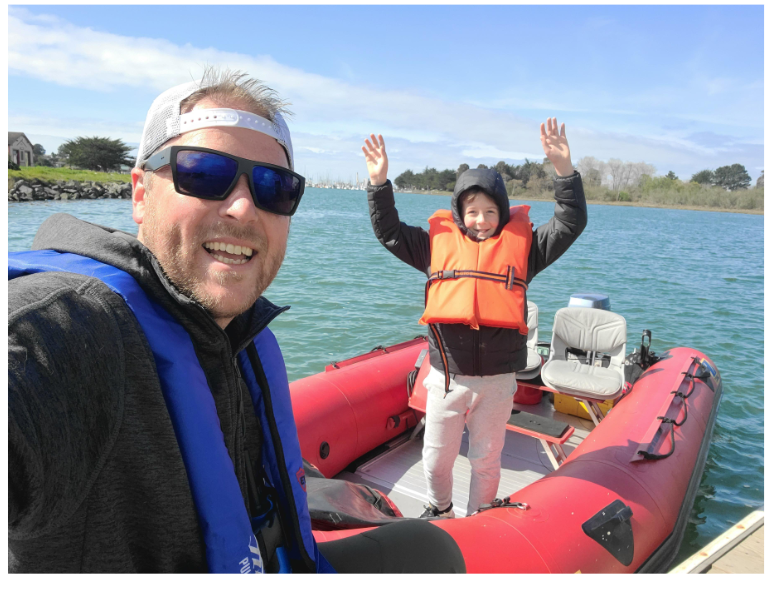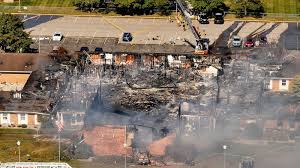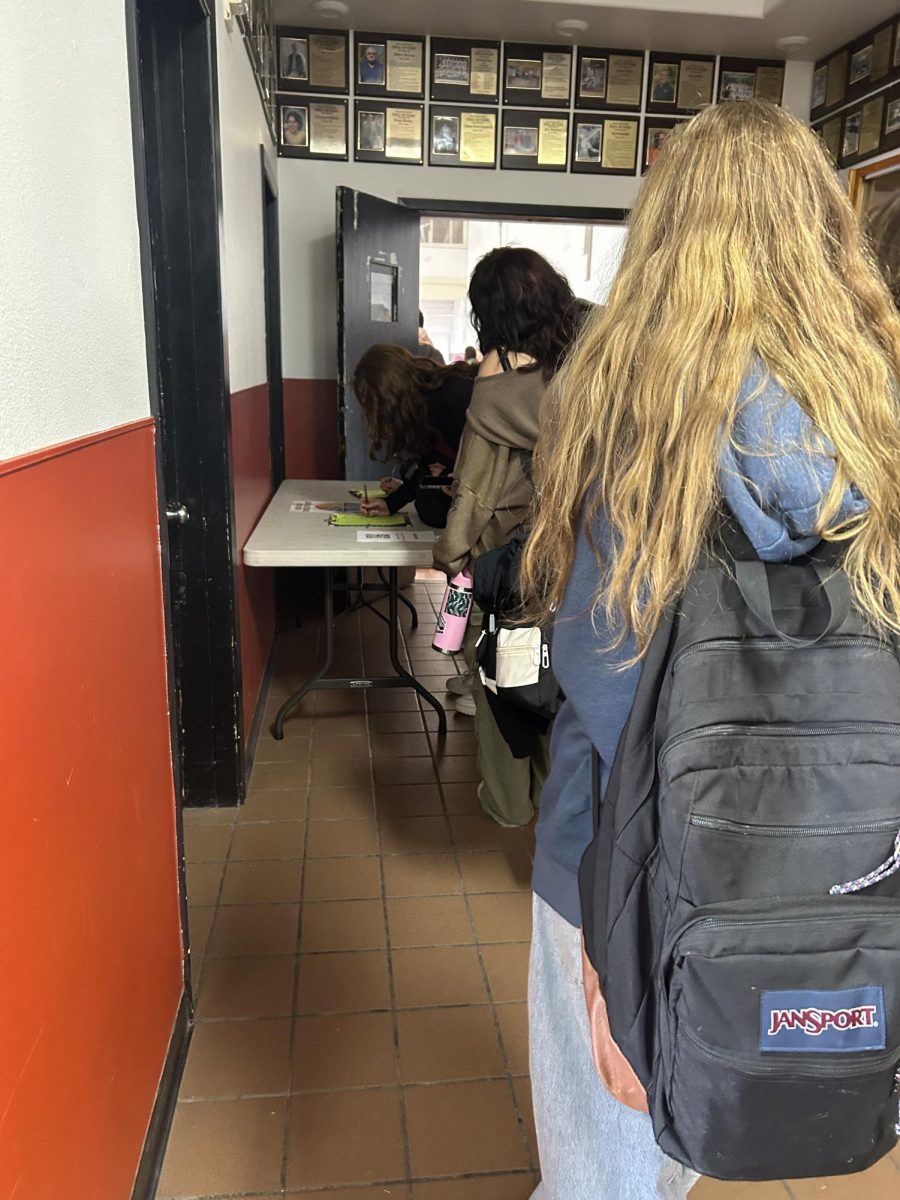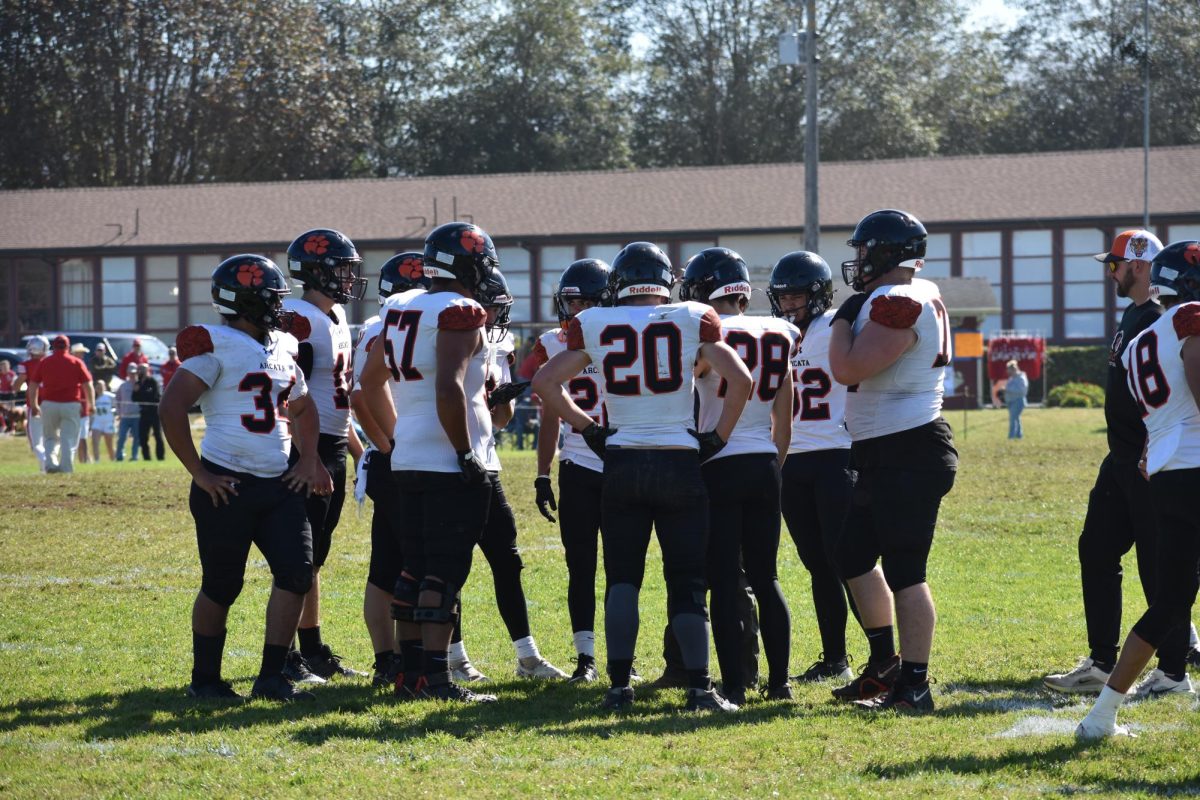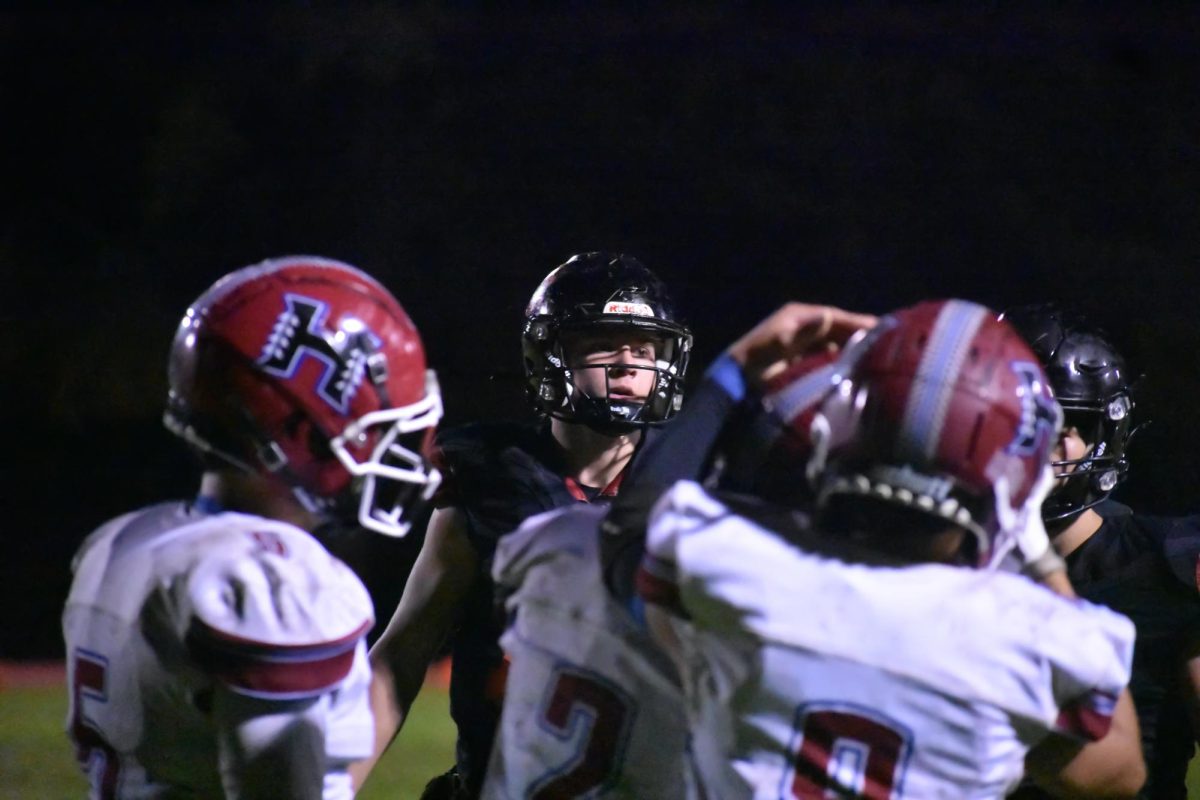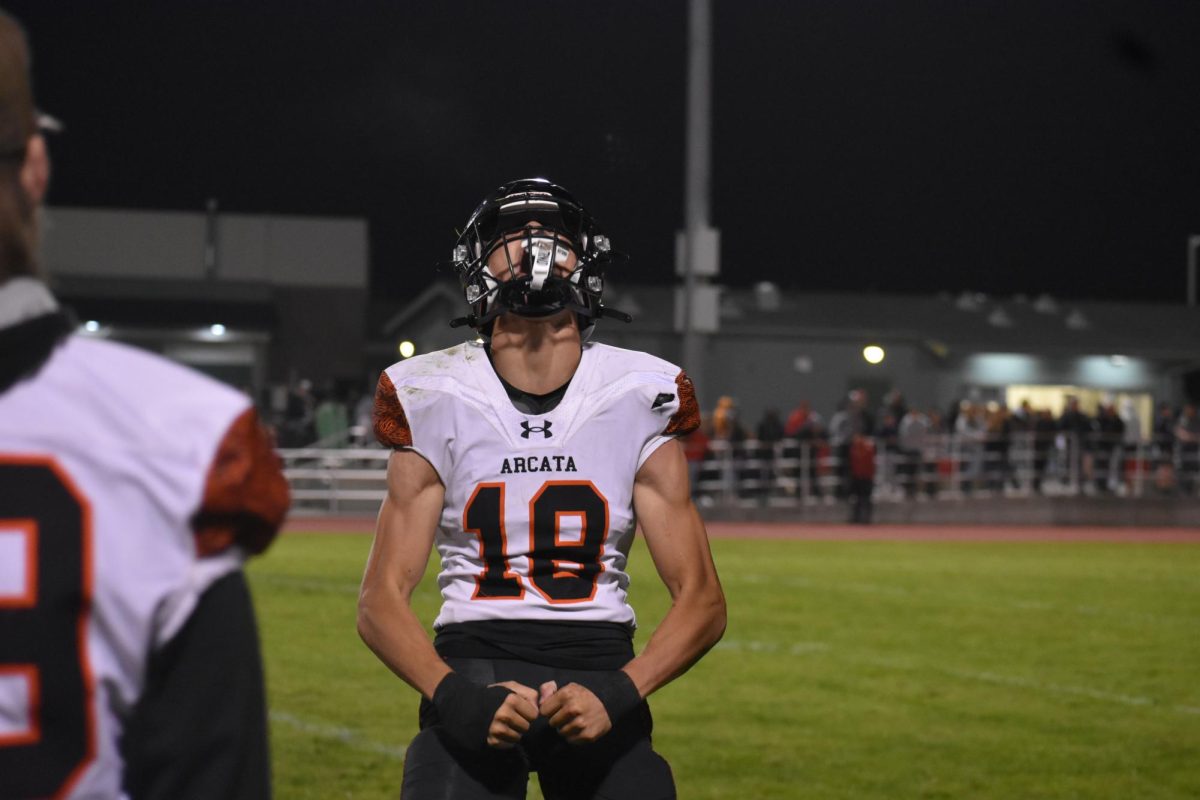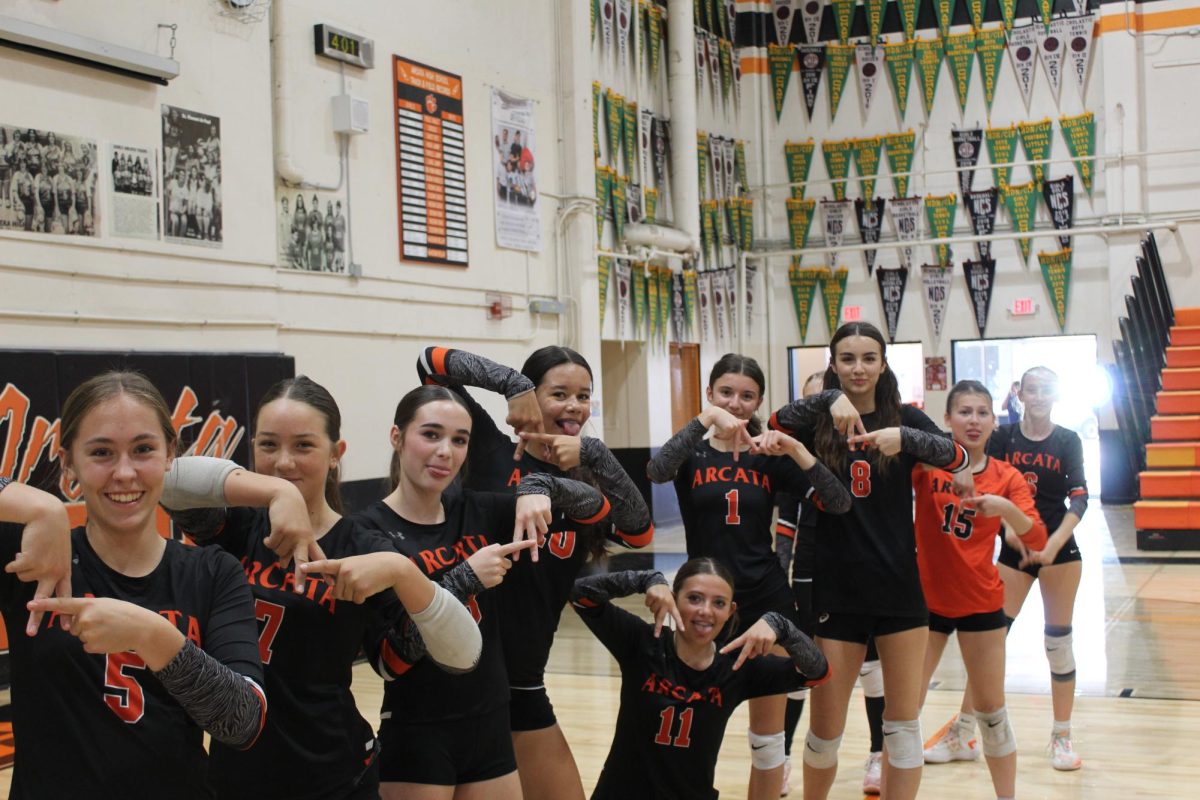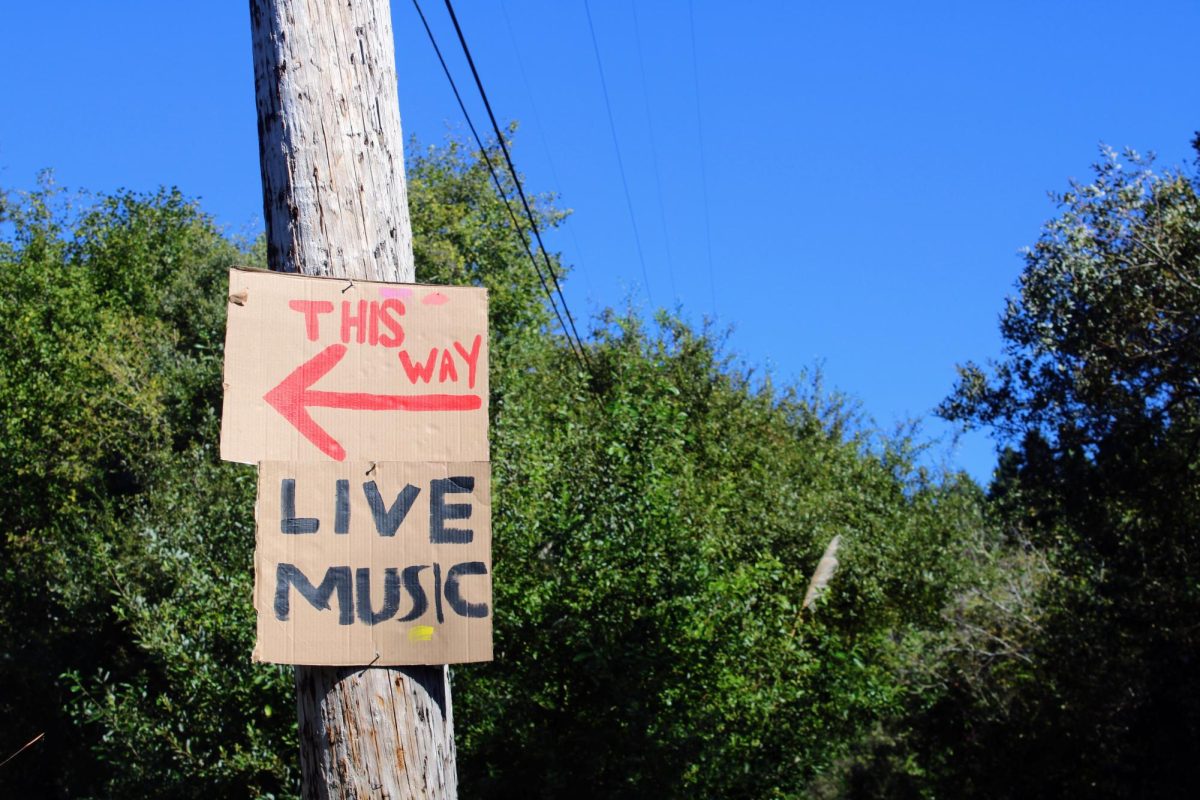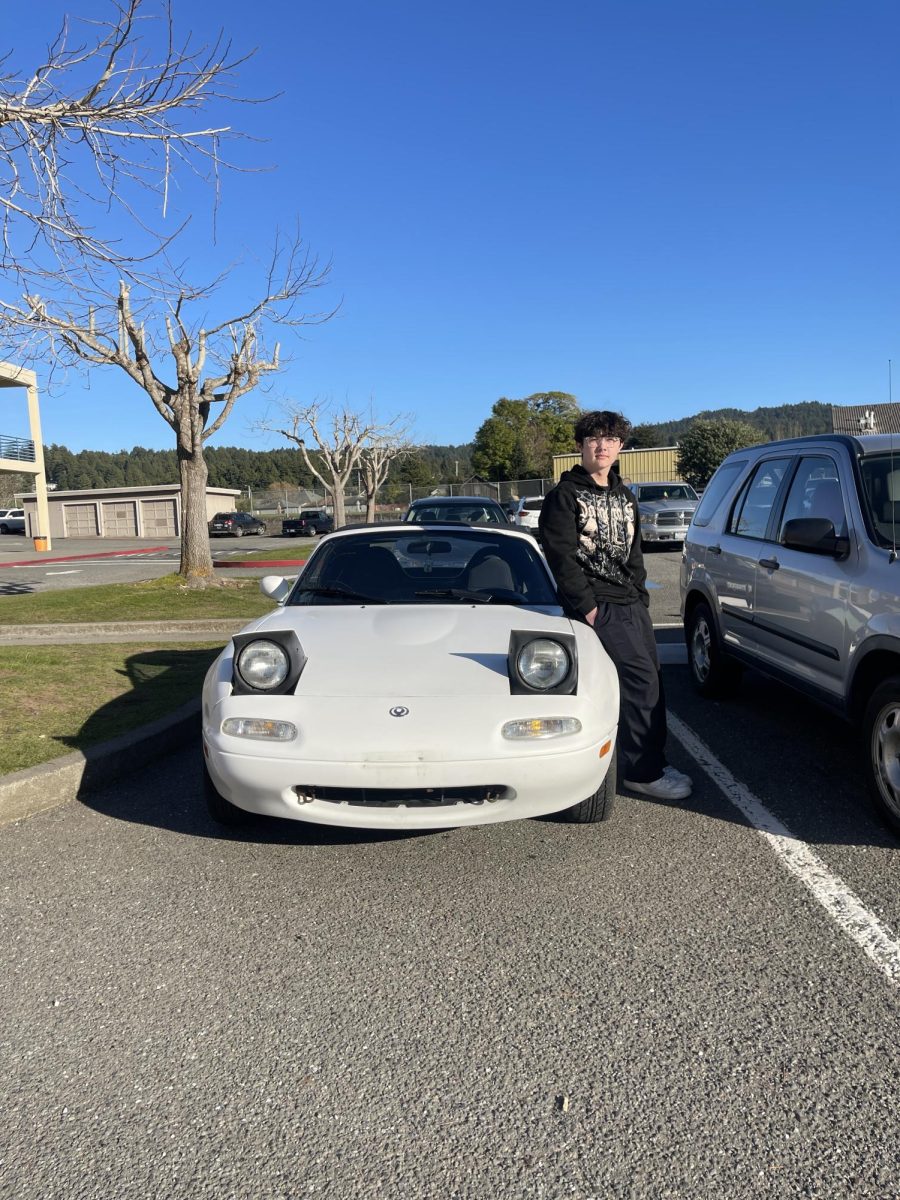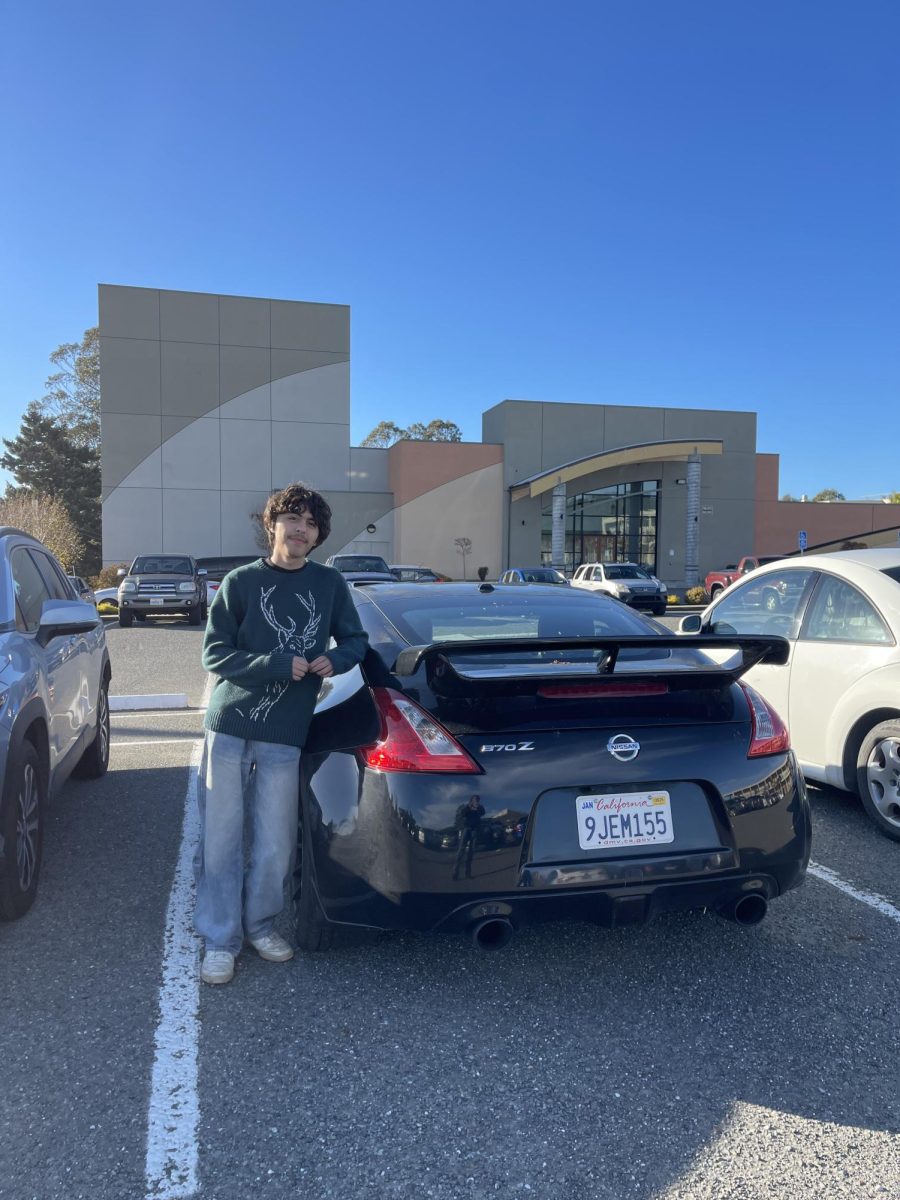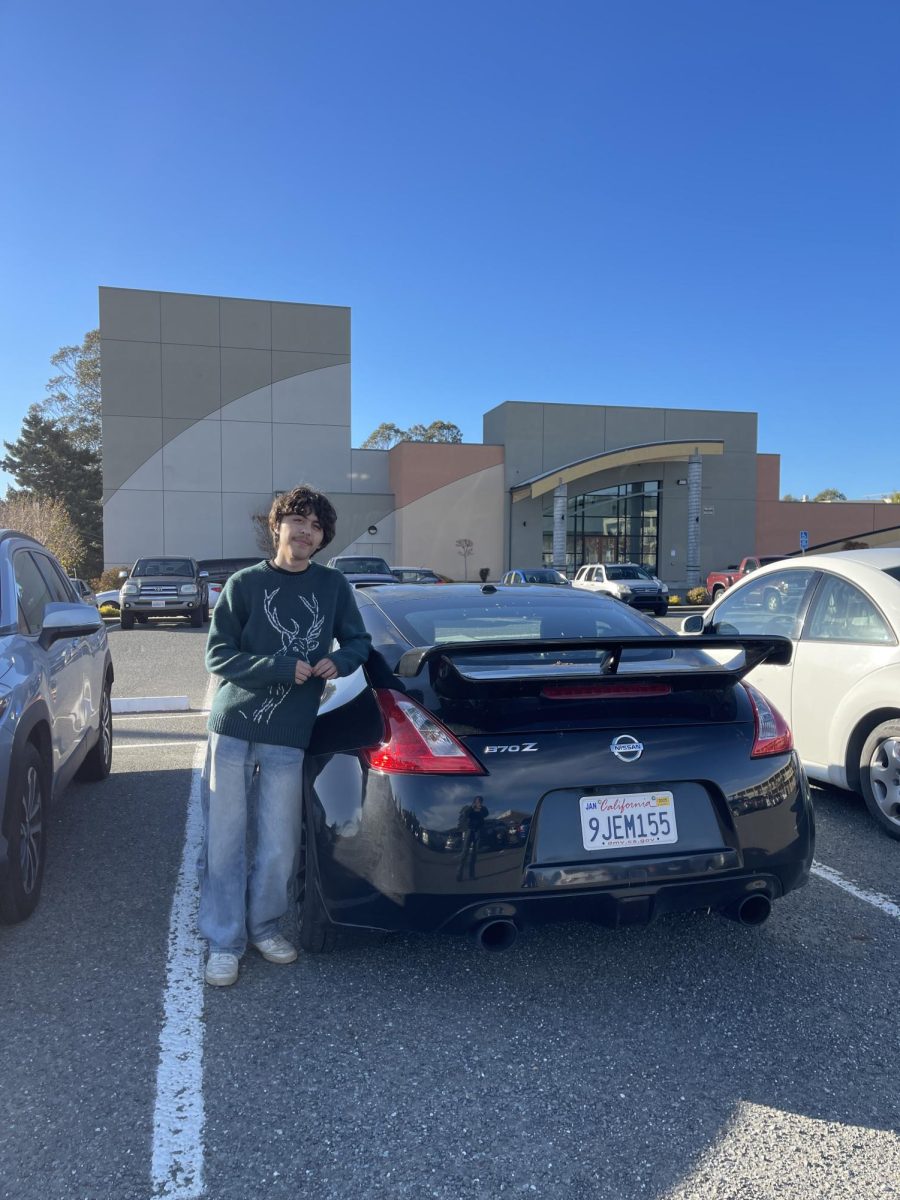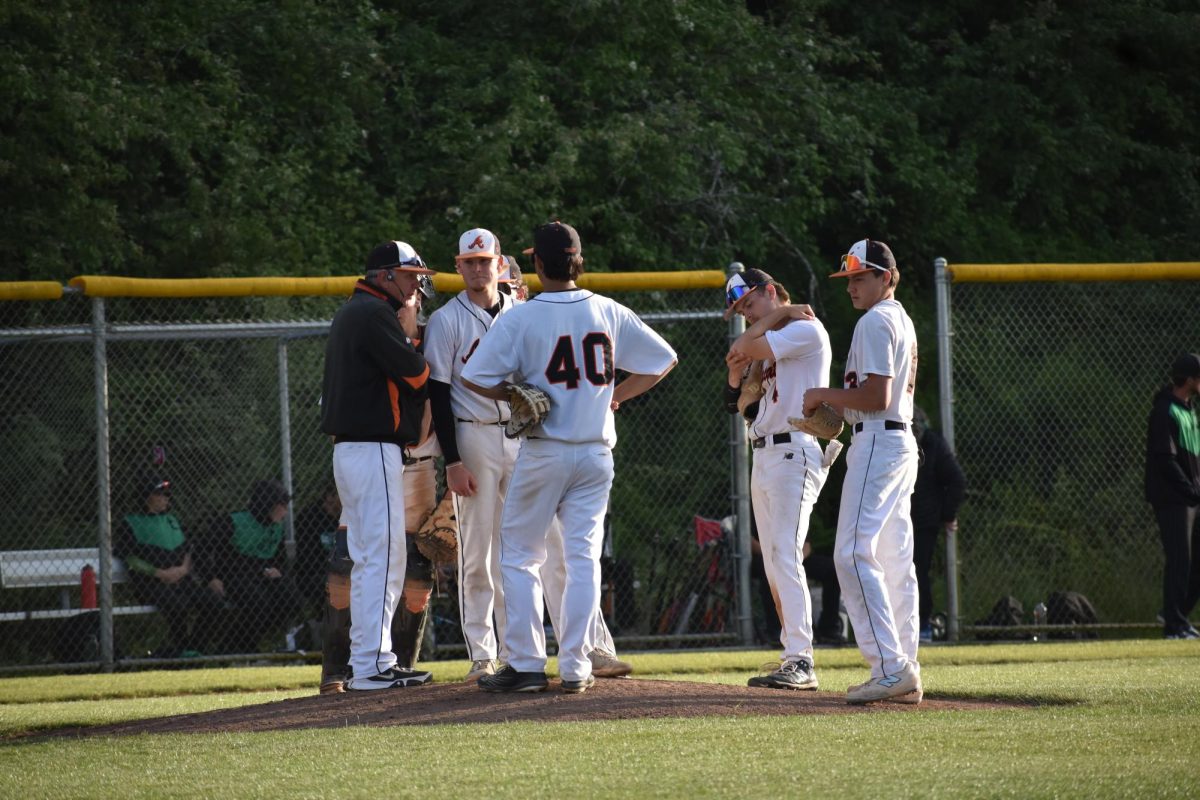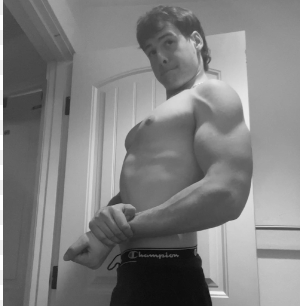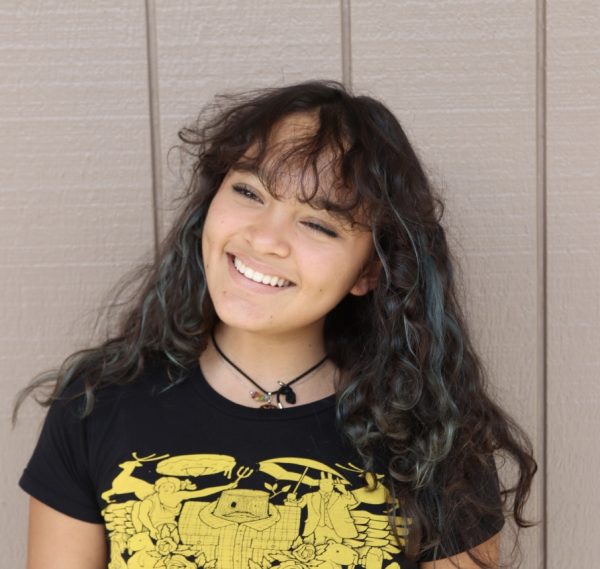Pope Francis, the first Latin American pontiff, died at 88 on Tuesday, April 22, 2025. Elected in 2013 during a tumultuous period for the church, he took over after the previous pope resigned and various sex scandals reverberated. Pope Francis sought to reform the church, being the first pope to prosecute and convict a cardinal for financial crimes. He gained a reputation as being ‘unpredictable’, advocating against abortion, calling upon rich countries to help against climate change, and calling the possession of nuclear weapons “immoral”. Pope Francis strongly advocated for migrants, speaking loudly against President Trump and JD Vance’s border policies. In 2013, he posed a question to reporters, “If a person is gay and seeks God and has goodwill, who am I to judge him?” (Yurcaba). To gay Catholics around the world, this marked the first papal comment to promote acceptance of the LGBTQ community. Leaders of the church had previously commented on homosexuality as an “intrinsic evil,” which made Francis’s comment even more powerful (“Pope Benedict”). He further promoted acceptance in 2023 when he allowed priests to bless same sex couples (The Associated Press). Pope Francis was a divisive figure, considered too radically left for conservatives and not radical enough for those advocating change.
Choosing a new pope is a lengthy process. Involving the College of Cardinals, 110 out of the 135 were chosen by Pope Francis himself (Burga, Guzman, Jeyaretnam, and Shah). Each member of the College of Cardinals is given a ballot on which they write a nominee and insert it into a chalice. The ballots are burned after each round of voting, sending smoke out of the Sistine Chapel. If there is a clear winner, chemicals are added to make the smoke white, but if the results are inconclusive, the smoke is black. Once the new Pope is elected, he selects a new pontiff. Choosing a new Pope generally takes 2-3 weeks, allowing the Catholics of the world time to mourn and reflect on Pope Francis’s legacy.

